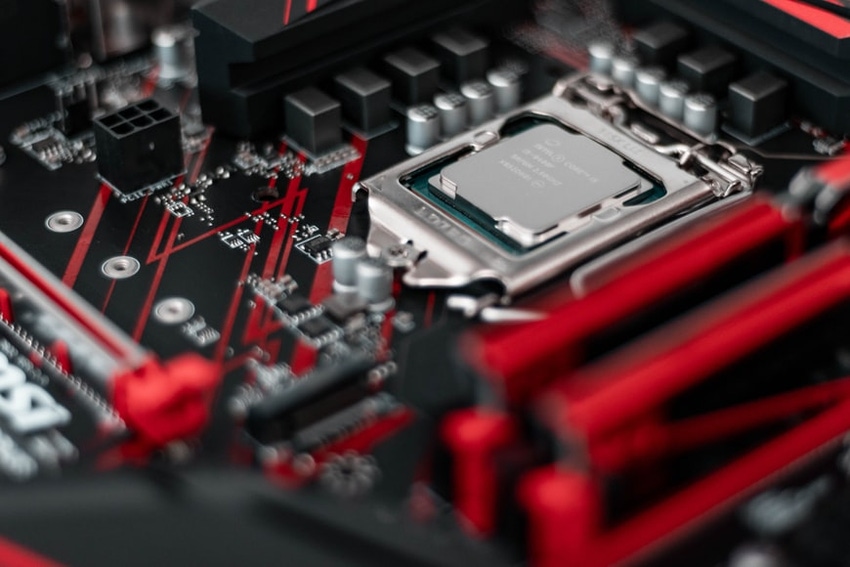Intel IoT flavor of Linux operating system to target scaling and massive fleets with built-in security features.
November 2, 2021

Ubuntu, the open source Linux operating system published by software company Canonical, has launched optimized builds for Internet of Things chips from Intel.
The partners expect the new products to deliver advantages in terms of real-time performance, manageability, security and functional safety.
Intel chips running Ubuntu are set to target scaling IoT technology deployments and large fleets where operational technology teams may struggle to achieve visibility.
The development team has also attempted to incorporate elements of recent Intel kernel patches for other operating systems in the interests of keeping the software stable.
Ubuntu plans to offer commercial support for up to 10 years and has said the chips will be made available through its certified hardware program, which aims to offer clarity on development cost and lead times.
Developers would also be able to leverage the Ubuntu Core kernel, built within a containerized framework, and security features baked into the hardware.
Canonical said cryptography accelerators would come installed to help speed up IoT data encryption tasks.
“In addition to solving the unique needs of our IoT customers on a free-to-use validated Linux, our collaboration with Canonical lets customers access enterprise support on a long-term supported release when they look to deploy their solutions,” said John Healy, vice president of IOTG Platform Management and Customer Engineering at Intel.
“This addresses the traditional challenges of maintaining and supporting customized builds for validated Linux-based deployments.”
About the Author(s)
You May Also Like



.png?width=300&auto=webp&quality=80&disable=upscale)


.png?width=300&auto=webp&quality=80&disable=upscale)